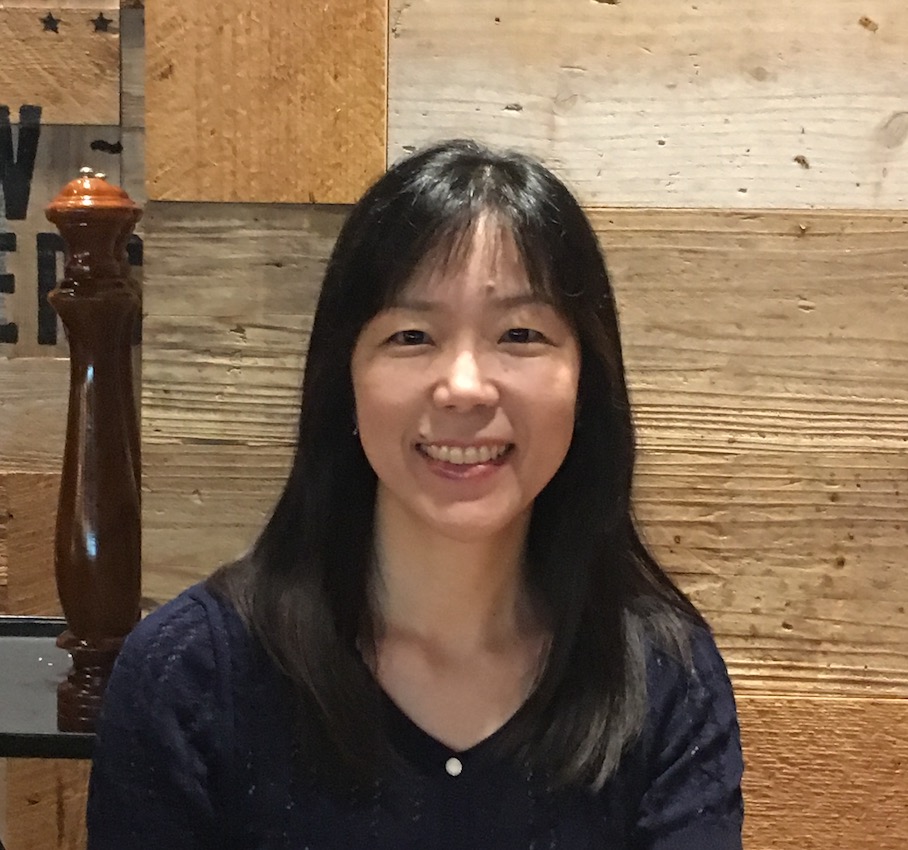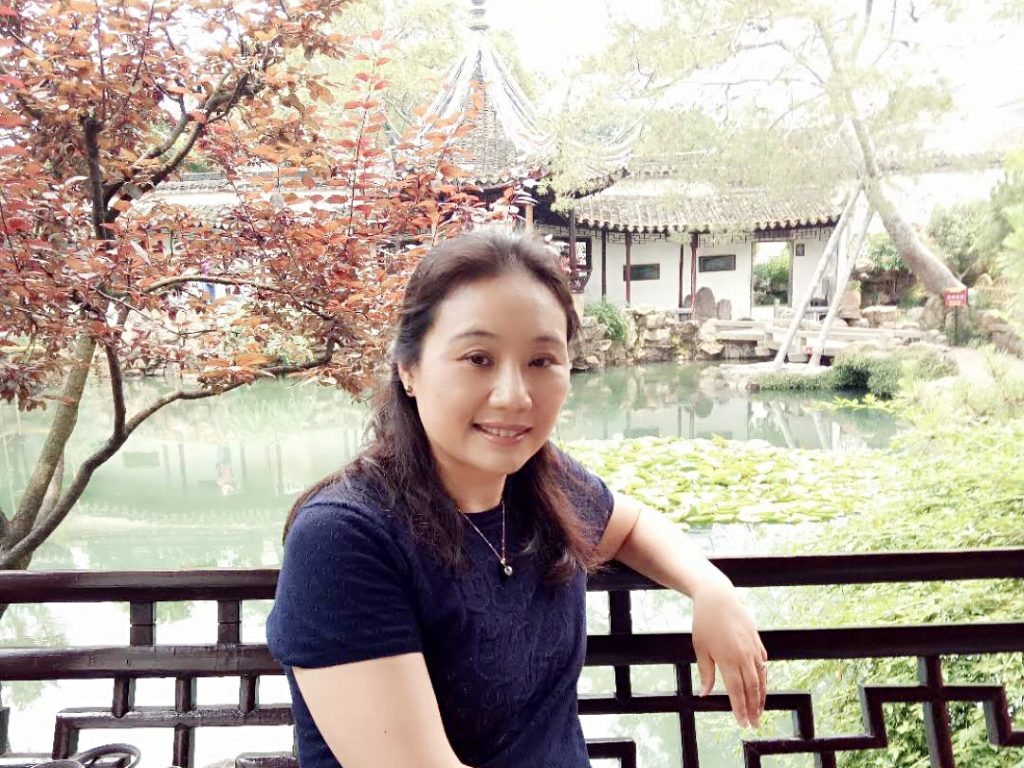[JITF2020] How to Make a Living as an Interpreter/Translator: Searching for Hints from Practical Examples in Multiple Languages

Maki Nakano
German/English-Japanese translator. After graduating from the German language department of the Foreign Language Faculty of Dokkyo University, worked as a company employee before studying at Bonn University in Germany. After returning to Japan, started working as a freelance translator, and concurrently worked as a temporary employee in clinical translation work at a pharmaceutical company, then became independent as a full-time translator in 2005. Handles a wide range of translations from business translation to publication translation. Translated works (joint translation) include: “Kinder sprechen mit dem Dalai Lama” (Shunjusha), “Drinking Japan: It’s Not Just Sake” (Sanshusha) etc.

Sòng Yìpíng
Chinese translator and interpreter. Came to Japan in 1997. After completing graduate school, entered the translation industry by joining a translation company in 2003 and working as a manager. Became a freelance translator in 2010 and established a company in 2015, becoming the Representative of Transbridge Co.,Ltd. As a Chinese translator, he has been engaged in translation as well as interpreting in various industries and fields.

Takayuki Dobe
Indonesian translator and interpreter. Born in Koganei-shi, Tokyo in 1970. Graduated from the Department of Mathematics, Faculty of Science and Technology, Sophia University. Encountered the Indonesian language in university days through coincidence. After studying language abroad, he experienced working there as an employee of an organization. After that, he returned to Japan and started his own business as a freelance interpreter/translator in 1999. He has been engaged in a wide variety of projects with a singular focus on the Indonesian language to this day. The slogan posted at his private office is “connect, fulfill, with the right words.”
❏Indonesian interpretation and translation business Takayuki Dobe Office
How to Make a Living as an Interpreter/Translator: Searching for Hints from Practical Examples in Multiple Languages
When it comes to interpretation and translation of languages other than English in Japan, it is undeniable that the market is immature. The three speakers, who have overcome this disadvantage, will cross the language barrier to speak the raw truth about how to make a living as a professional interpreter / translator.
What are the best practices that each of them mastered after years of trial and error? They are due to talk about such topics as how to expand the scope of work, best approaches to take, and pitfalls one is liable to fall into, while candidly sharing their experiences of failure as well.
Participants are encouraged to raise their questions or views via Zoom without reserve. Of course, just listening is also quite fine.
Technology such as machine translation is advancing, and adaptation to the “New Normal” such as remote interpretation is also a must — What is your vision and what are the practical methods to survive with deftness and agility in such a rapidly changing era? Let’s think together, perhaps with a cool glass in hand on a hot summer night.
※This session is open to translators and interpreters of all languages (aspiring and part-time also welcome).